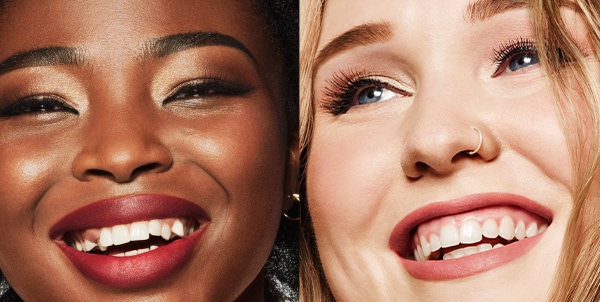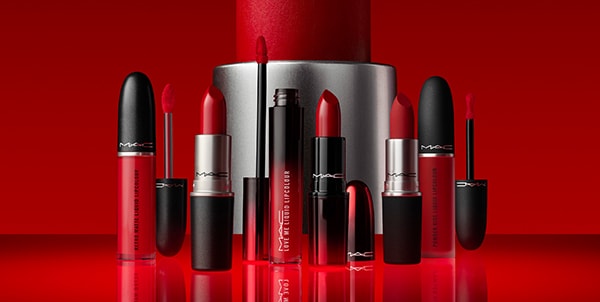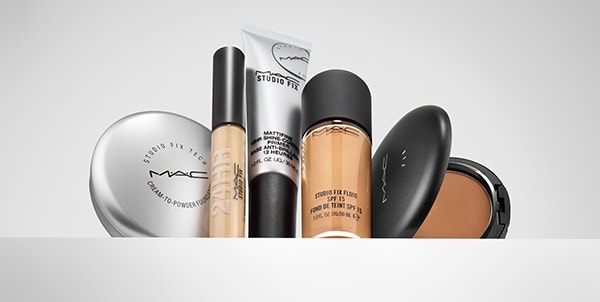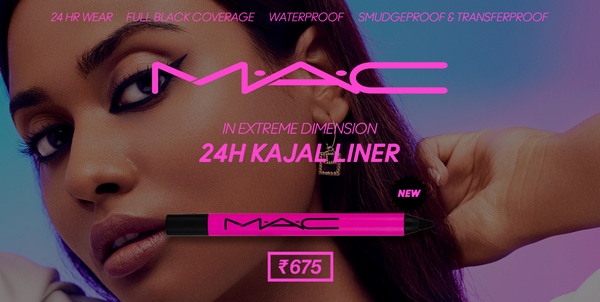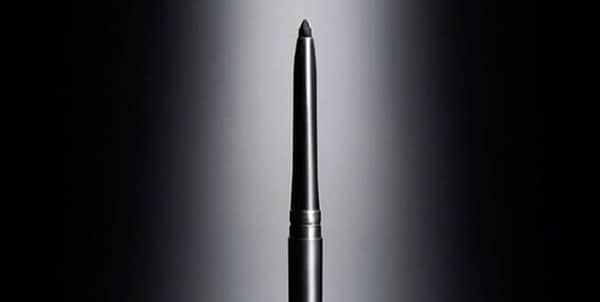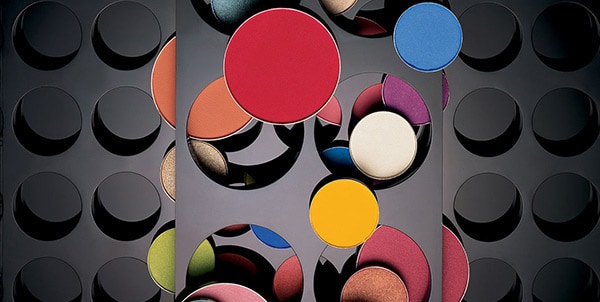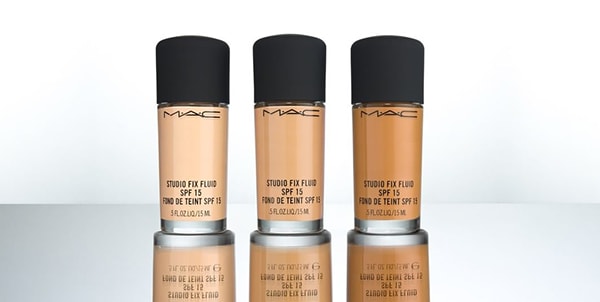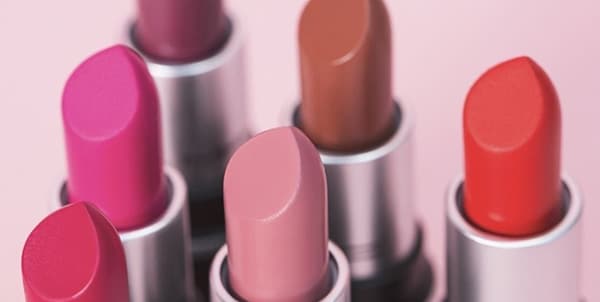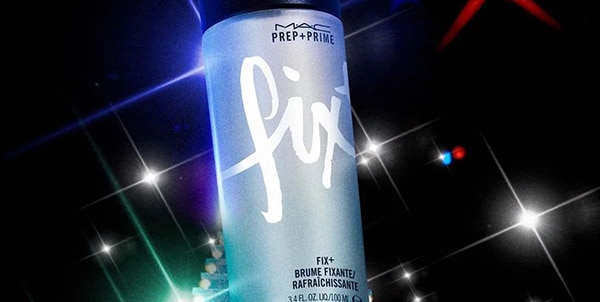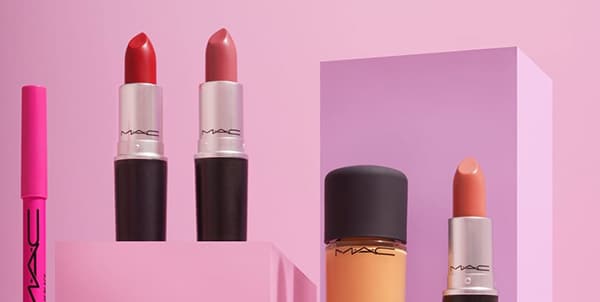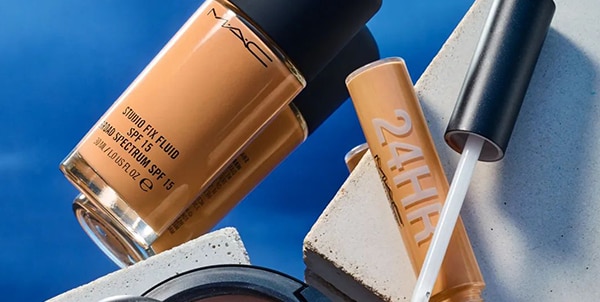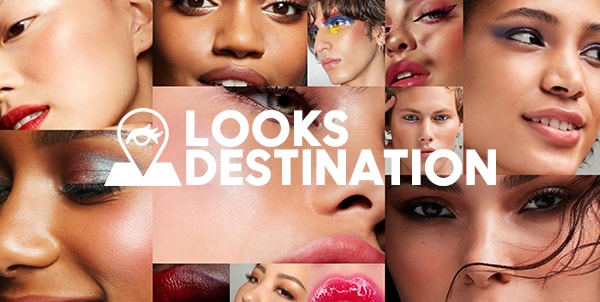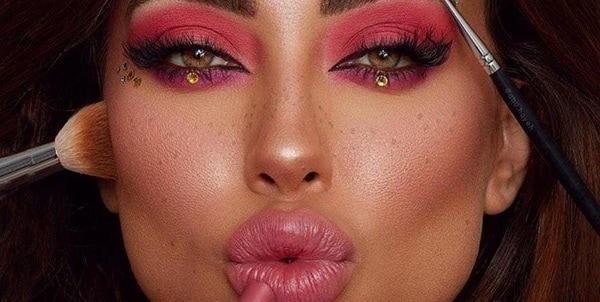TOTAL FANTASY
New York designer Zac Posen is a tour de force in the fashion world. His extravagant gowns dominate red carpets and statement-seeking celebrities everywhere, while his critical eye is soaked up by both aspiring designers and reality TV aficionados as a judge on Project Runway. He is both uniquely New York and a global sensation. Zac shares a glimpse into his own self-creation (a concept he champions), from his notions of fantasy and creative upbringing to the days he’d skip school to hang out with Alexander McQueen and John Galliano at the Met.
Your clothing brings a certain type of fantasy to women’s lives. What do you think fantasy shows us about reality?
Fantasy is essential to reality. It helps us escape, dream and to actually create reality itself. For me, nature is as abstract as it gets — it is a primary source of inspiration for me. Women as well, their character, fantasies, neuroses and desires are all elements that continuously inspire me.
You live and work in New York City, but how do you keep your inspiration globally relevant?
I try to think about what moments are going to hit people viscerally. There are unifying factors that women and people are drawn to. Beauty is obviously very subjective, but there are references that become ingrained on a larger global scale. There are forms that humans are drawn to, shades and colours we are chemically turned on by. So, I try to make things that are approachable but still surprising. Instead of trying to chase ways of fitting in, being what I call the “chic banal.”
You grew up downtown…how has that shaped you as an artist?
I grew up three blocks from where we are right now, on Spring Street, in SoHo. My parents moved there in 1972 because they could afford the rent and there was great light for painting. Half our household was my dad’s studio, so I was immersed in the creative process, learning how to give privacy and respect to the process — that’s something that’s ingrained in me. You can’t just knock on the door and yell, “Dad!” There were things that were not allowed so he could concentrate. My friends growing up, all their parents were creative in some aspect.
You were surrounded by visual artists, but what about fashion?
My first love of fashion came from film and from theatre — my dad recorded everything on VHS. My first day of school — I was really nervous, a really big nerd, dressed like Charlie Chaplin — and I had done all of my homework and there were some really beautiful, interesting-looking girls in the room. They looked very fashionable and were working in fashion at the time, as models. They were like grown-ups, and I was certainly still a kid. That was the beginning — I said no more musical theatre summer camp. And so I got a job on Seventh Avenue, an internship sketching, and from there I started working in fashion. Then, I went to Parsons and interned at the Metropolitan Museum of Art every day after school, working with fashion and costume designers. I’d skip school when John Galliano and the Dior team came in and help research with them. And when Alexander McQueen and his team would come in, I’d be there. I learned the importance of art and fashion, and how they work together. That idea was very foreign.
I know you have a real love for food. How are food and fashion similar?
To me, there are a few essentials in life. Family first, food second, friends, and then we put fashion last. It’s not a mystery that what you put in your body is how you feel. I love the creative process of cooking — my detox and meditation is getting in the kitchen and cooking. It’s tactile and I’m using my hands, but it’s such a great way of showing love, creativity and emotion. It’s like imagination science. I used to want to be a baker, but I wasn’t allowed to use the oven, so I’d make everything out of clay next to my mom who was baking.
What do you think is better — a great dress or a great meal?
If it’s a great meal, you probably won’t be able to fit into the great dress.
What goes through your head when you see a moment of fashion gone wrong?
The first thing that goes into my head is they better stop following trends.
Why are trends bad for fashion?
Trends aren’t necessarily bad for fashion; they keep it evolving and changing, but trends are to be interpreted personally. I believe that everybody, pretty much, has some form of creativity. They have to find it and have the confidence — that type of expression has to be nurtured internally. Some people don’t like potatoes, and that’s a form of creativity, a form of personal choice. You just have to evolve that into other aspects of your life.
This is your first foray into makeup — what excites you about that?
I’m so excited for people to have a new way to experience my brand and our vision through elements that are more accessible than our top line. Beauty is a sensory experience. It’s not about fit, although you do have colours, it’s the essentials so you can have that wonderful red carpet moment every day — when taking your kids to school, you put on your lipstick. When you’re taking a selfie, you put on your invisible powder. I’ve worked with so many actresses, performers and superstars over the years that I know the things they need. You need everything able to be carried in a clutch, or in your date’s pockets, which is usually what happens with my date’s lipstick.







